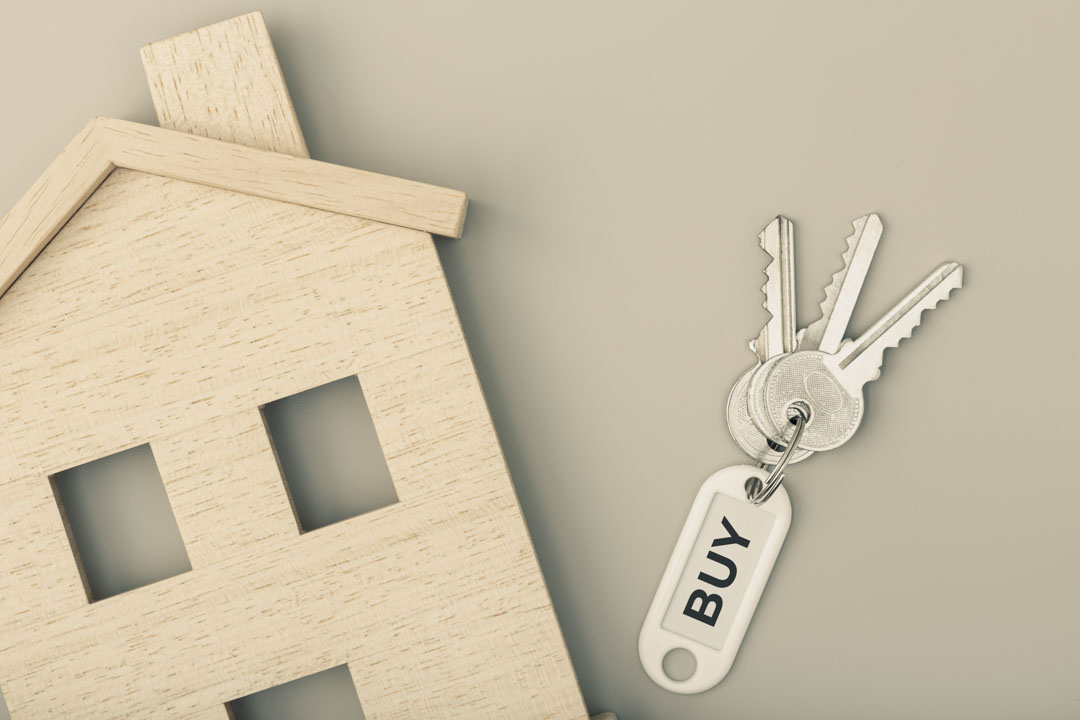
Real estate can be a major subject of discussion during divorce settlements. If you are in a position where you will be purchasing a new home post-divorce, you need to take a few things into consideration when negotiating your settlement so you will be in a good financial position to be able to purchase your home.
1. Funds for a down payment
Do you have the funds for a down payment on a new home? Ideally you should plan for 20% down to reduce unnecessary fees. Take some time to think through the type of home you would like to have and in what area. Consider talking to a realtor to help you set a realistic expectation on home prices and what you would need for a down payment. As you are looking at settlement options, make sure you have enough cash on hand for a comfortable cash reserve plus funds for a down payment. Sometimes there are creative solutions to getting cash out of retirement plans and avoiding early withdrawal penalties, as well.
2. Income vs Debt
To qualify for a mortgage, lenders will want information on your income but also any outstanding debt you may have. If it is possible, try to get debt such as personal loans and credit cards paid off as part of your settlement to reduce your debt-to-income ratio. If you are going to be receiving spousal support, and you are not currently employed, you will have to be receiving spousal support for at least 3 more years from the time of your application for a mortgage. If your agreement for spousal support is less than that or will be less than 3 years by the time you find a home, you may need more creative solutions to qualify. We can provide recommendations that can help.
3. Credit Score
Did your credit score take a hit? You can get a free credit report and ensure that there is no outstanding debt you were unaware of. Late fees, bills that went unpaid, and new delinquencies can impact a person’s credit score. If your credit was damaged during your divorce by your spouse not paying joint bills or taking on joint debt, you may need to spend some time rebuilding your credit. Make sure all outstanding debt is discussed during your settlement and make sure to follow through on implementing the agreement. Don’t drag your feet on refinancing a loan or paying off outstanding debt. The faster you can get that handled, the sooner you can start rebuilding your credit.
Preparing to purchase a home may be a nerve-wracking step in your new post-divorce life, but if you plan to purchase real estate you need to plan for it early. There are many aspects of your settlement that could affect your ability to purchase a home post-divorce, so make sure you speak to someone knowledgeable about your options before agreeing to a settlement.








